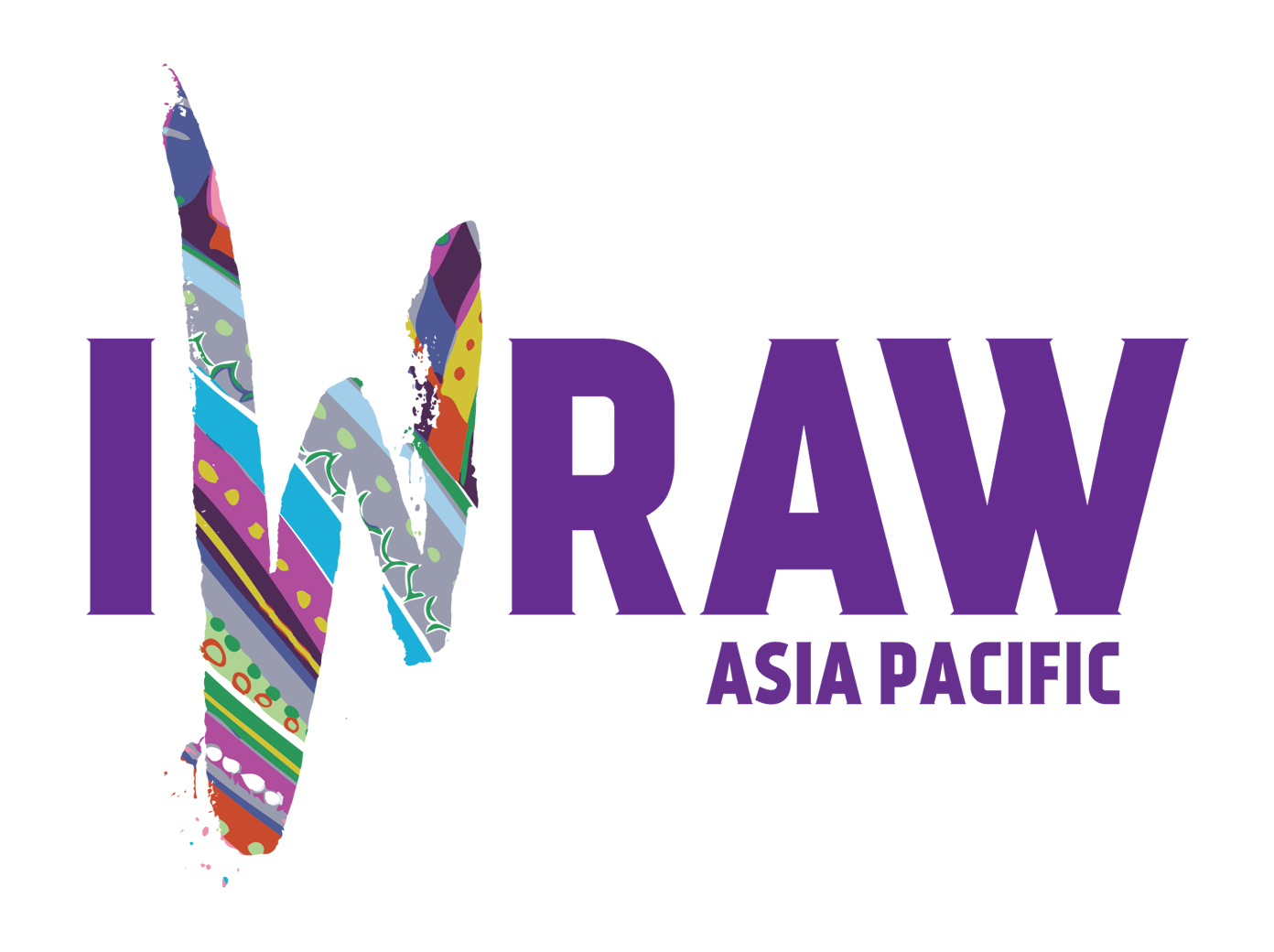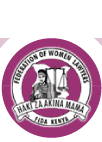The central mission of the Harvard Law School Project on Disability (HPOD) is to support the implementation of the United Nations Convention on the Rights of Persons with Disabilities (CRPD). This landmark human rights treaty mandates that persons with disabilities enjoy the same rights as all other persons. The United Nations adopted this agreement in December 2006, and it became binding international law in May 2008. The CRPD commits countries to ensuring equality for persons with disabilities as well as to stopping discrimination against them. The CRPD offers an essential opportunity to improve the lives of the 650 million persons with disabilities worldwide.
HPOD’s goals include enabling civil society, and especially persons with disabilities and their representative organizations to undertake informed human rights advocacy, providing human rights trainings and education, facilitating the development of international law and policy, providing technical assistance on strategic litigation, encouraging inclusive development practices, and stimulating new thinking about the abilities of persons with disabilities and their human rights.
They seek to advance the human rights of people with disabilities by:
- Empowering the development of civil society so that people with disabilities can take advantage of the opportunities offered by the CRPD.
- Ensuring that people with disabilities are aware of their rights and capabilities, and know how to claim these rights.
- Raising awareness within societies about the rights of people with disabilities and their capability to positively contribute.
- Developing understanding and support for disability inclusive legislation, policies, and programs within governments, National Human Rights Institutions, non-governmental organizations, and businesses.Facilitating the drafting of innovative legislation and policies.
- Providing expertise and support for strategic litigation to develop disability jurisprudence that reflects the goals of the CRPD.
- Enhancing the effectiveness of disability rights advocacy and dissemination of good practice by stimulating communication, coordination, and collaboration between people with disabilities their organizations, non-governmental organizations, governments, and National Human Rights Institutions.
- Supporting inclusive development and humanitarian relief, and encouraging the evolution of good practice.
- Stimulating new thinking in academic circles on disability-based human rights, and nurturing disability-related scholarship worldwide.

